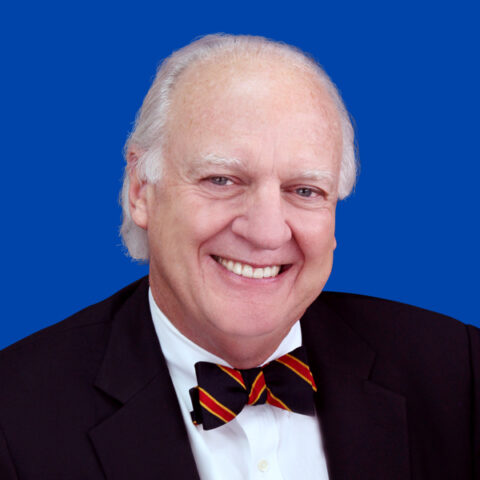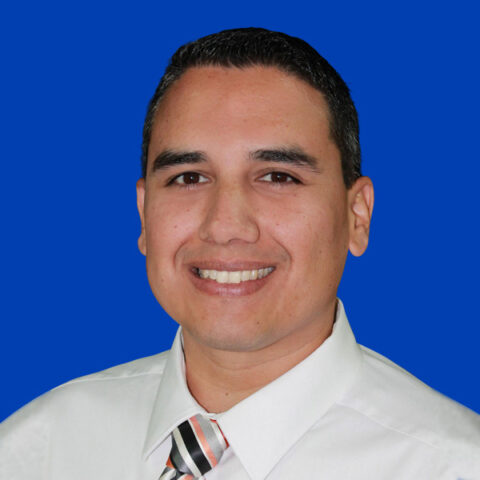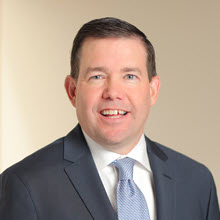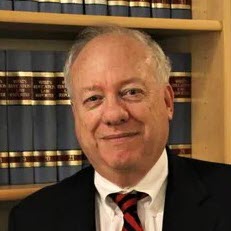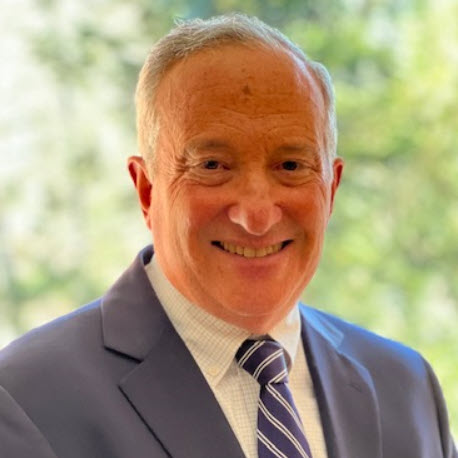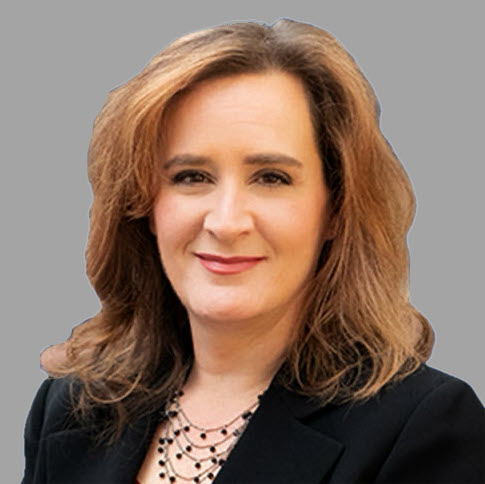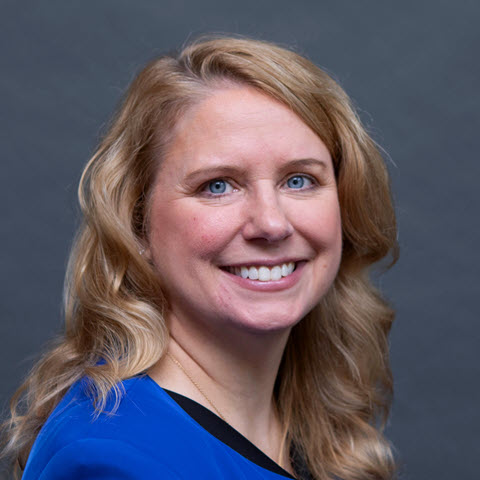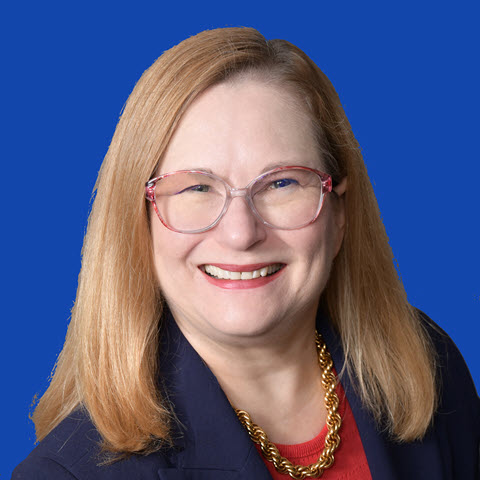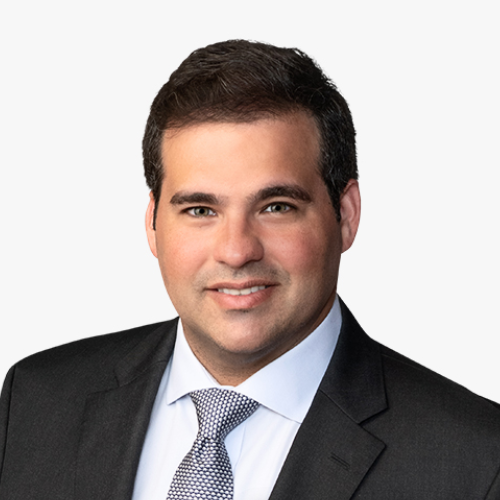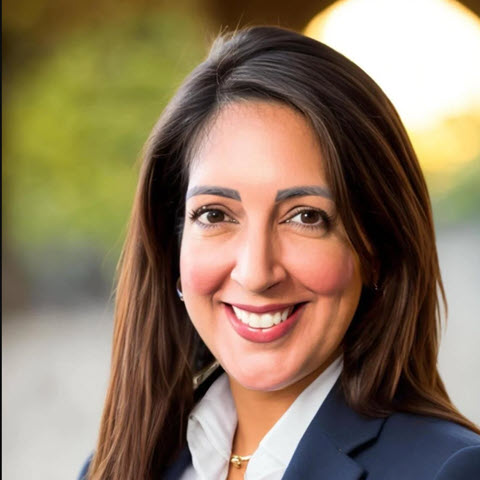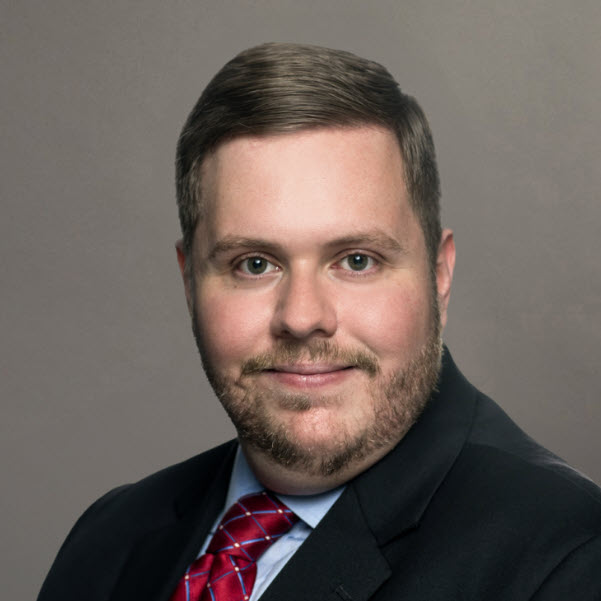As an estate planning attorney, your primary goal is to help clients’ wishes be fulfilled should they lose capacity and then preserve their legacy after they pass away. However, an essential, yet often overlooked, aspect of this protection is planning for their long-term care while they’re still alive. According to the U.S. Department of Health and Human Services, over seventy percent of adults over 65 years old will need some form of long-term care before they pass away. This is where integrating elder law and long-term care planning into your estate planning practice becomes invaluable.
Integrating Elder Law with Estate Planning
Estate planning involves helping clients proactively achieve their health and financial goals using tools like advance directives, wills, trusts, and tax planning. Many attorneys who add elder law to their firm do so from an estate planning background due to the significant overlap of legal concepts and their comfort in working with families to make difficult decisions now that will affect their future. Elder law takes these conversations to the next level by not only planning on how a client’s legacy will be protected when they pass away but where clients will receive long-term care and how they will pay for it while they’re still alive.
Attorneys’ Additional Motivations to Add Elder Law
Other than expanding services and enriching your practice, several motivations drive estate planning attorneys to add elder law to their practice. These include:
- Addressing Client Needs: Aging estate planning clients often have questions about long-term care and are seeking solutions. If you are unable to address their needs, they will be forced to go elsewhere for these legal services.
- Seizing Market Growth: As the Baby Boomer generation continues to grow older and people are living longer than ever before, the senior services market is expanding, indicating a growing need for elder law services. The Census tells us that by 2030, all 73 million baby boomers will be 65 years old.
- Retaining Existing Clients: Referring clients to specialized elder law attorneys can result in losing their families as clients for future estate planning services.
- Pricing Control: Elder law attorneys have more control over service pricing compared to the pressure estate planners feel to reduce fees from the growth of “do-it-yourself” legal services. Working in a “niche” practice area provides some protection from online providers and AI (for now).
The Role of Medicaid Planning in Elder Law
A critical component of elder law is Medicaid planning, which is the process of helping clients accelerate their eligibility for benefits that cover the cost of long-term care. According to the U.S. Department of Health and Human Services, less than half of Americans over 65 years old have set aside funds for the expense of their future long-term care.
Pre-planning grants clients more control, flexibility, and peace of mind. This typically involves using a combination of wills, revocable trusts and specially designed irrevocable trusts coupled with long-term care insurance. The specially designed irrevocable trust for Medicaid planning purposes reduces assets for Medicaid qualification should the client need that assistance in the future and can protect the trust’s assets from Medicaid’s creditor claims. A long-term care insurance policy provides a source of payment which gives the client control of where and who will provide future care should it be needed.
Unfortunately, most people fail to plan ahead for their long-term care. Plus, many families are unaware of the high costs associated with nursing home care until faced with the decision to place a loved one in such a facility. The good news is those facing immediate care needs can benefit from crisis Medicaid planning, which protects their remaining assets.
Why Medicaid?
Medicaid is the only government program that offers assistance for extended long-term care stays, covering room and board in Medicaid-approved facilities, pharmacy costs, and incidentals. While Medicare, VA, and other public programs may cover short-term care or a small portion of the bill, they do not extend to prolonged care needs. Although long-term care insurance is the best way to cover these costs, applicants must meet specific health criteria to qualify for a policy. Unfortunately, many individuals wait until it’s too late and are declined coverage.
Qualifying for Medicaid
To qualify for long-term care Medicaid, applicants must meet specific non-financial and financial requirements. Non-financially, they must be 65 or older, blind, or disabled; a U.S. citizen or qualified non-citizen; and residing in a Medicaid-approved facility. Financially, their income must be below the private pay rate of the facility, and their resources must be within certain limits. Generally, the institutionalized individual can retain only $2,000 in countable assets, while the community spouse can keep a separate, larger Community Spouse Resource Allowance, which is currently between $30,828 and $154,140 in most states. The reality is most people have too many assets to qualify for Medicaid. That’s where Medicaid crisis planning comes in.
The Attorney’s Role in Crisis Medicaid Planning
Elder law attorneys play a crucial role in advising clients on spending down assets to meet Medicaid’s strict limitations. However, understanding state-specific Medicaid regulations, how assets are treated for Medicaid purposes, and navigating the different planning strategies is crucial for providing effective guidance in crisis planning. Two vital tools used in crisis planning include the Medicaid Compliant Annuity and funeral expense trusts.
Medicaid Compliant Annuity
A Medicaid Compliant Annuity (MCA) is a single premium immediate annuity that converts excess countable resources into an income stream with no cash value. In order to be Medicaid compliant, the annuity must be irrevocable, non-assignable, and actuarially sound. It must provide equal monthly payments and name the state Medicaid agency as primary beneficiary (in most cases). When properly structured, an MCA accelerates Medicaid eligibility, while protecting your client’s assets.
Funeral Expense Trust
A funeral expense trust (FET) is a small whole life insurance policy that protects funds for funeral and burial costs. An FET is irrevocably assigned to a trust controlled by an insurance company, and policies below a state-specific limit are exempt from Medicaid’s asset limitations. In many states, FETs purchased for the applicant’s family members are also considered exempt.
These products and planning strategies offer peace of mind to your clients and allow their loved ones to focus on honoring their wishes without dealing with unwanted financial stress. If you have a client that might benefit from these products do not hesitate to reach out to our team at Krause Financial by following this link to schedule a call: krausefinancial.com/discovery
Exploring Elder Law
If you are ready to explore the elder law practice area, here are some simple first steps to get started:
- Education: Explore elder law education and courses through your state bar or other legal education services. Krause Financial will be a guest presenter on the ILS platform on August 20th at 12pm ET to review some of these concepts in-depth. Click here to Register.
- Networking: Connect with elder law attorneys in your area through your state bar’s elder law section and join the National Academy of Elder Law Attorneys (NAELA). Engage with other senior service professionals to better understand their clients’ legal needs. This is a growing business community that needs more elder law referral partners.
Integrating elder law into your estate planning practice is not just an expansion of services but a commitment to comprehensive client care. By understanding Medicaid planning and its importance, you can provide invaluable assistance to your clients, ensuring they and their families are financially protected during life’s most challenging times.
Meet the Author

Jim Wolverton is the Director of Legal Education for Krause Financial. He is responsible for creating, curating, and promoting high-quality content related to the estate planning and elder law industry. He also plays a primary role in designing and maintaining a robust education and content calendar for Attorney Access and works directly with attorneys to promote and illustrate the benefits of Attorney Access to their practice.
Jim earned his Bachelor of Arts degree in Journalism from Utah State University and his Juris Doctor from the University of Oregon. Prior to joining the Krause team, Jim ran his own law firm and was the Director of Education at ElderCounsel, providing him with vital experience educating attorneys and helping them easily implement elder law tools into their practice. Jim He is a member of the National Academy of Elder Law Attorneys (NAELA) as well as the Colorado, Utah, and Florida Bar Associations.
Jim enjoys working with attorneys to find solutions for their clients, and he appreciates being able to utilize diverse solutions that require critical thinking and creativity. Since the dynamic of the elder law industry is constantly changing and the need for more elder law attorneys continues to grow, Jim is driven to use his knowledge and passion to educate attorneys. He values teamwork and honesty and is constantly seeking opportunities to learn.
Jim is originally from Salt Lake City, though he is currently based in Denver. Outside of work, he enjoys exploring the American West by hiking, skiing, backpacking, and mountain biking.





